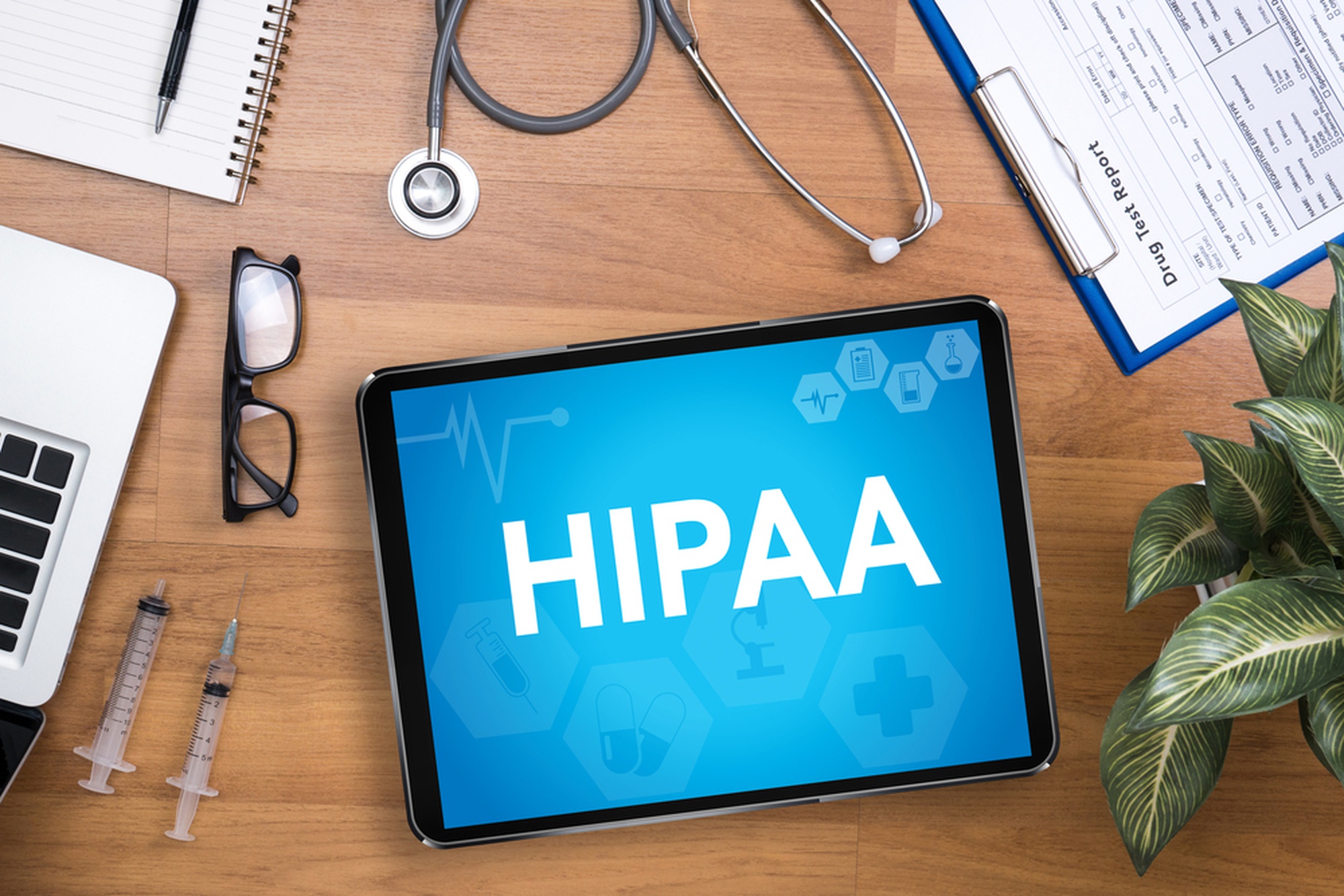If you’re a health care provider keeping up with HIPAA regulations is an essential aspect of your daily operations. The federal legislation gives patients greater privacy control and helps to protect their personal information. As technology evolves at a rapid rate it is crucial to ensure that any system you choose to use adheres to HIPAA rules.

HIPAA compliance is difficult particularly for those who are trying to understand the meaning of HIPAA is and what it means for their business. Health care providers and those that are part of the insurance sector must take great care to meet the obligations of HIPAA even if they’re not fully aware of it. It’s very important to read the regulations carefully and ensure that the procedures are in place to stay in compliance. It can be difficult to follow the law, but it’s crucial. Being compliant will result in improved data privacy protection and service, as well as avoiding potential fines. Companies should understand HIPAA and take the required steps to ensure they comply with its requirements.
HIPAA regulations can be very strict. However, the right privacy and security measures aim to protect the most precious of all belongings: information. It is essential to have better protections to prevent the illegal disclosure or misuse of personal information of patients since healthcare has been increasingly moving to digital technology like Electronic Medical Records. Although guidelines have been put in place, it is important to ensure that individuals adhere to these regulations. HIPAA is attentive to this to ensure privacy and safety.
HIPAA provides an important safeguard for those in the medical industry and the patients whose data is stored. It grants covered entities (CEs) and business associates (BAs) the capacity decide whether they need to make use of an addressable implementation specifications. The decision will be influenced by various factors such as the risk analysis and mitigation strategy, the current security measures, and the cost of implementation. CEs and BAS may think about alternative measures or choose to not implement the measure completely if it is feasible in the context of their situation. HIPAA assists them in making informed choices about data security and safeguarding. This includes creating an equilibrium between technical and security controls for sensitive information by the user.
Many organizations can reap the benefits of HIPAA compliance. Compliance with the regulations of the Health Insurance Portability and Accountability Act, (HIPAA), can assist organizations in protecting their clients’, patients’, and customers’ health information. It will guarantee that it remains secure and private. Compliance ensures that patients’ medical information is only used to their benefit and those of their healthcare providers. HIPAA compliance allows individuals to make informed decisions on how their personal health information is used and managed, giving them confidence that no other entity is allowed to gain access to or alter it without permission. HIPAA compliance reduces the risk to a company’s reputation, helping them avoid any penalties if they mishandle patient data. HIPAA standards ensures positive patient experiences and better protection for sensitive medical records.
In conclusion they are just a few of the many things you need to consider when it comes to HIPAA compliance. The best method to ensure that you’re in compliance is to have an understanding grasp of the law, and seek out an expert who can help understand it and set up the proper systems and procedures in place. The process of achieving full compliance may seem overwhelming, however it is vital to protect your patient’s rights and maintaining the confidentiality of their medical information.
For more information, click hippa compliance requirements